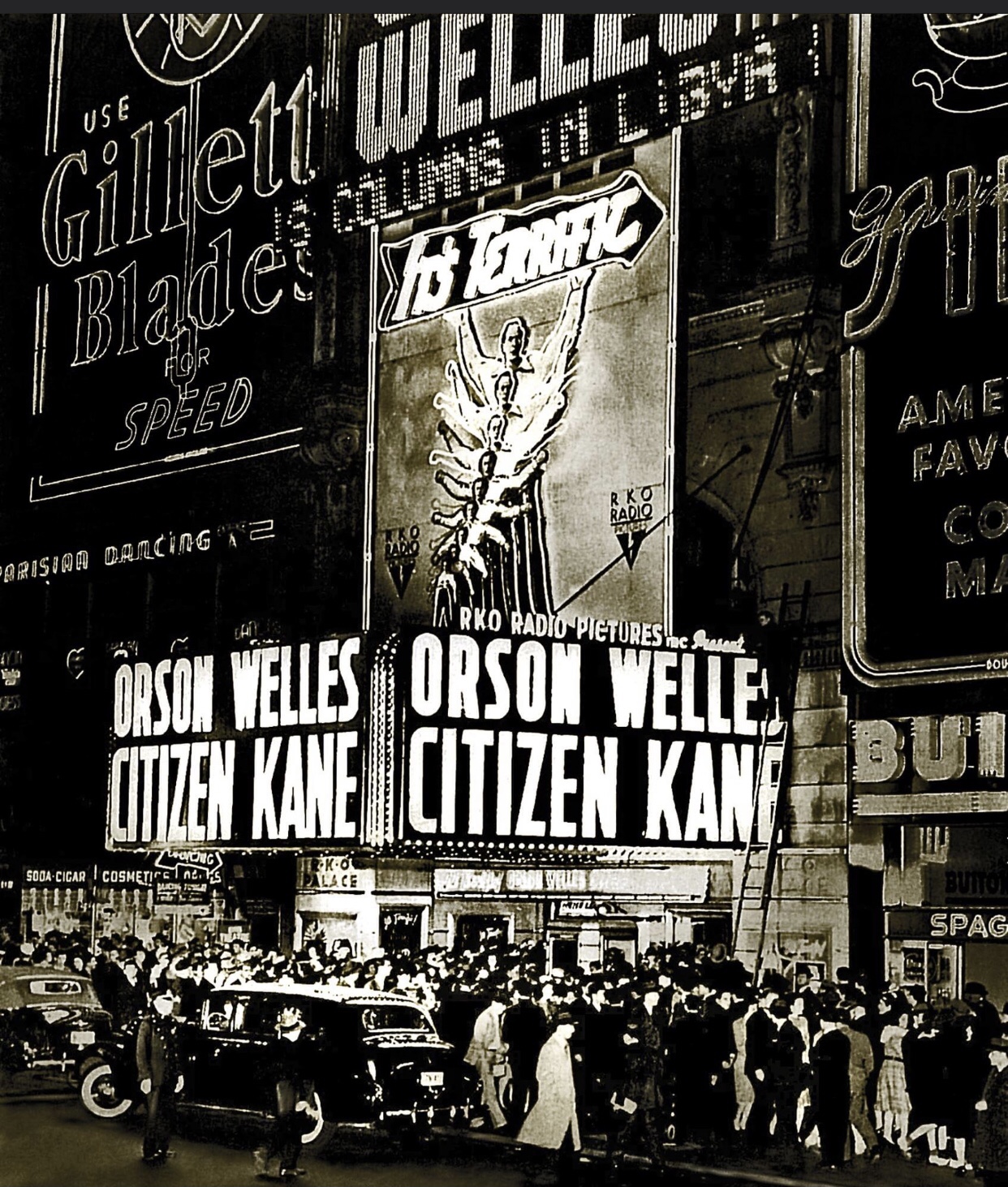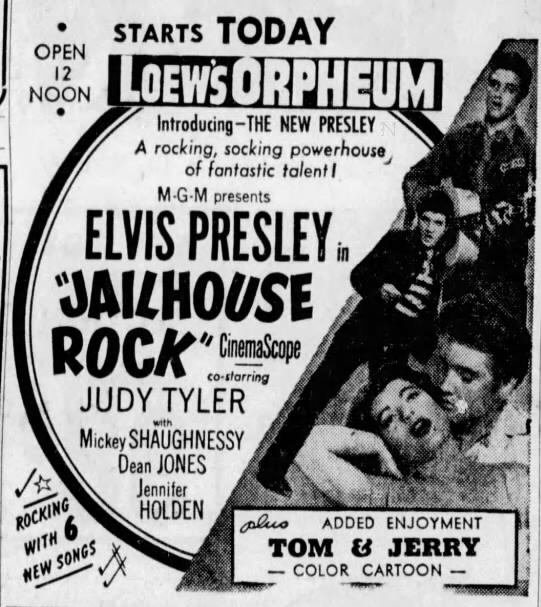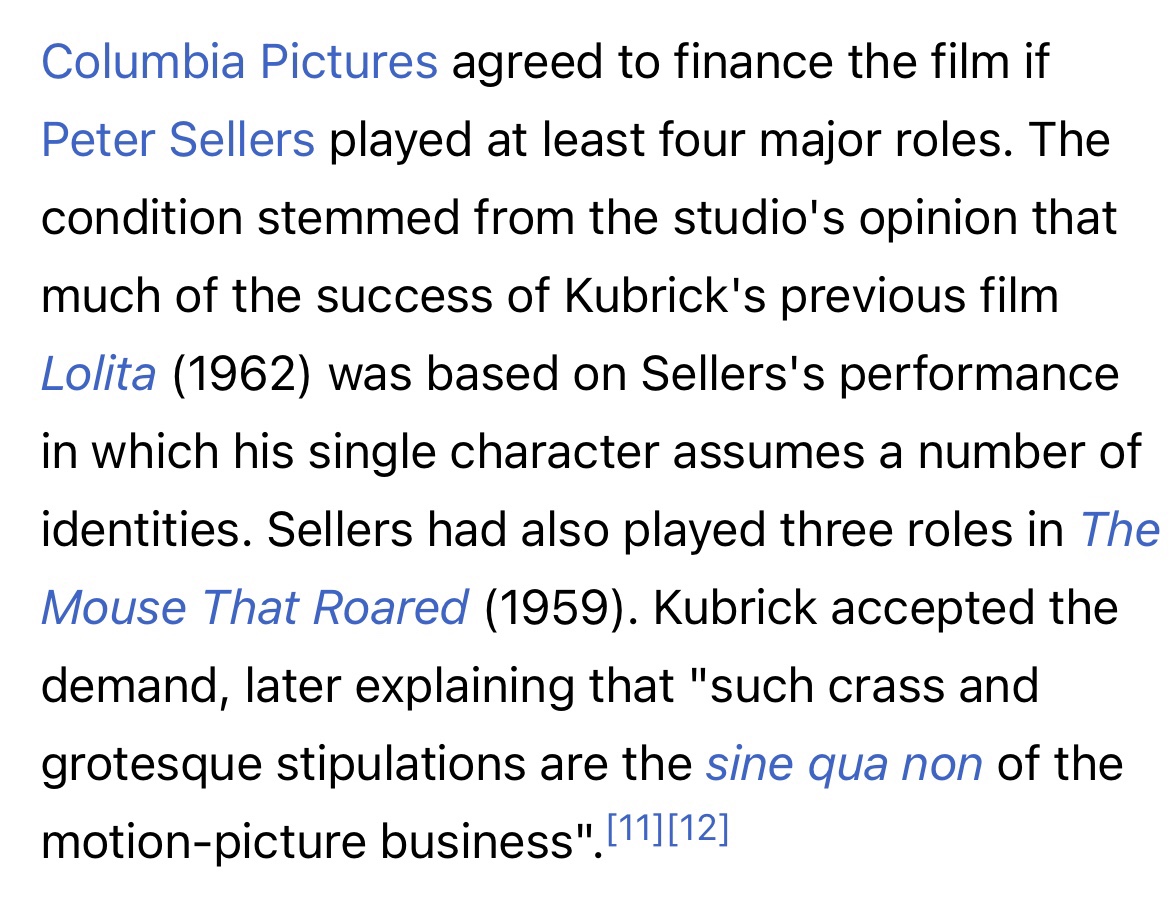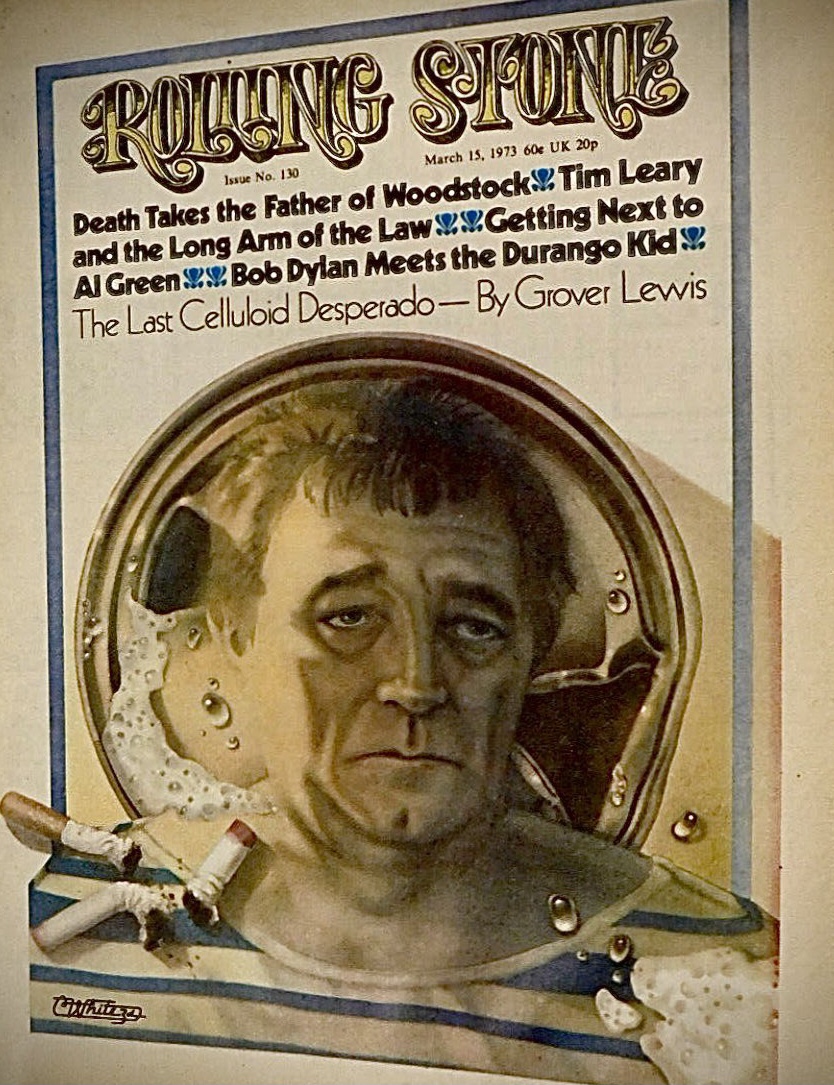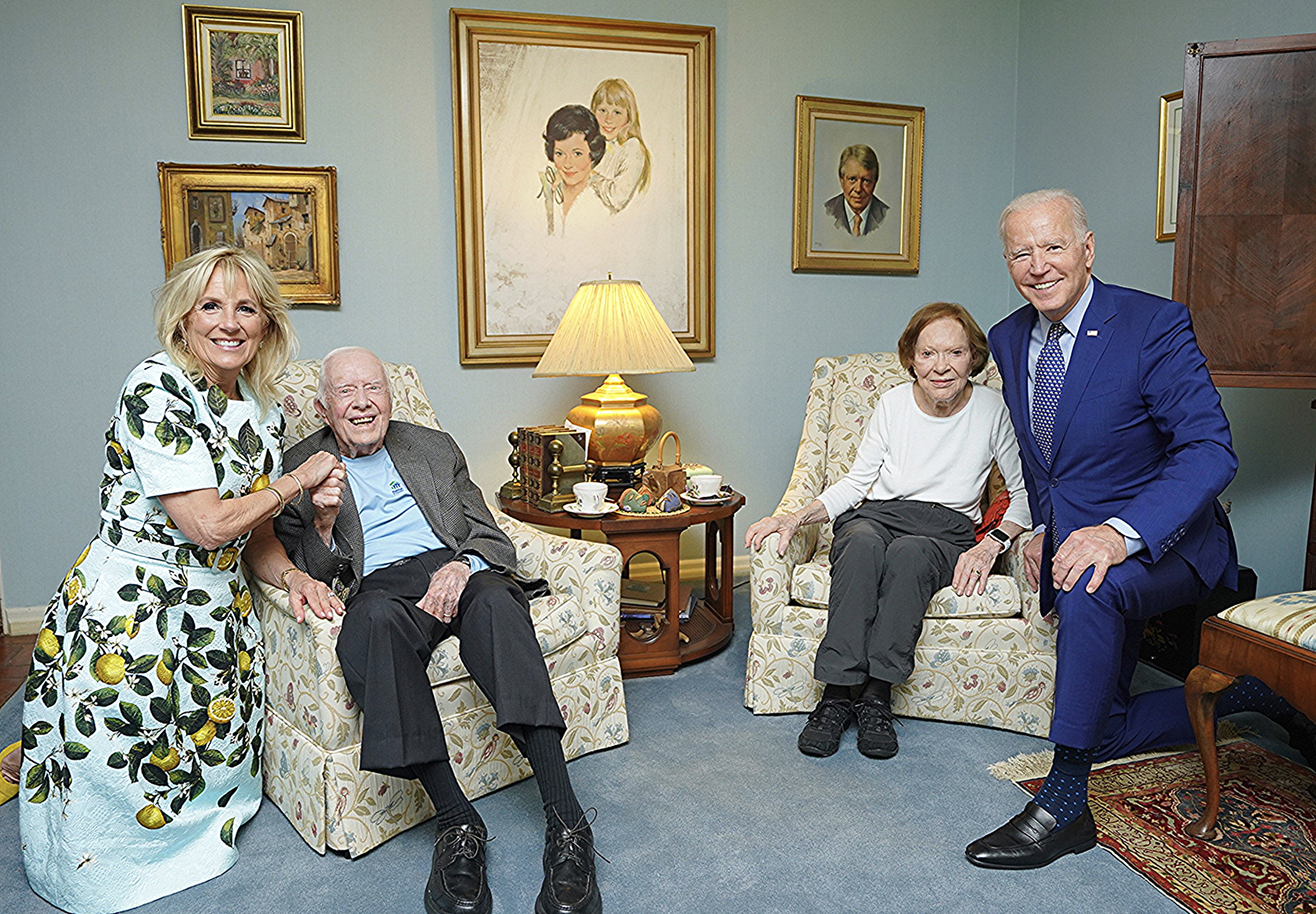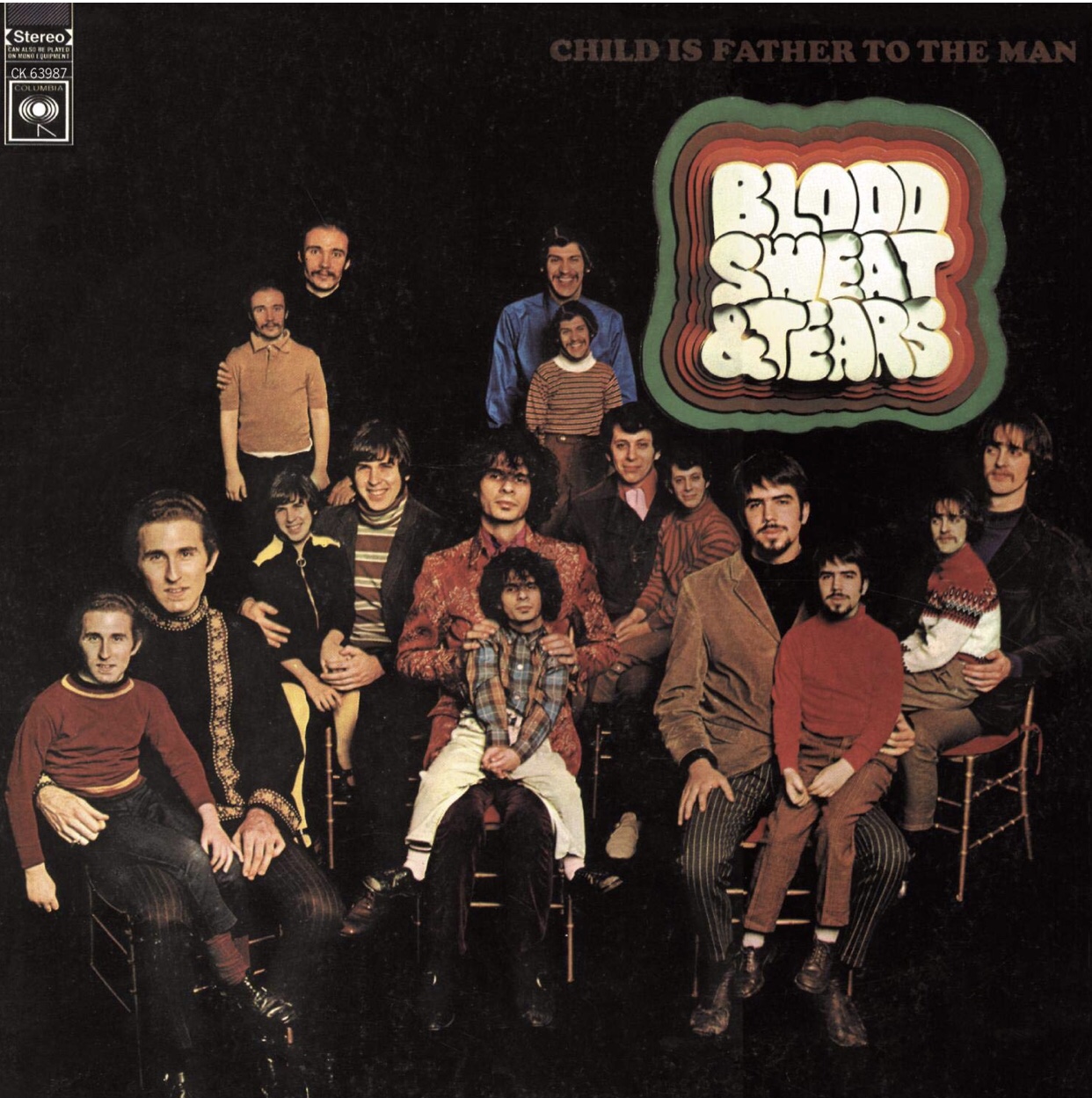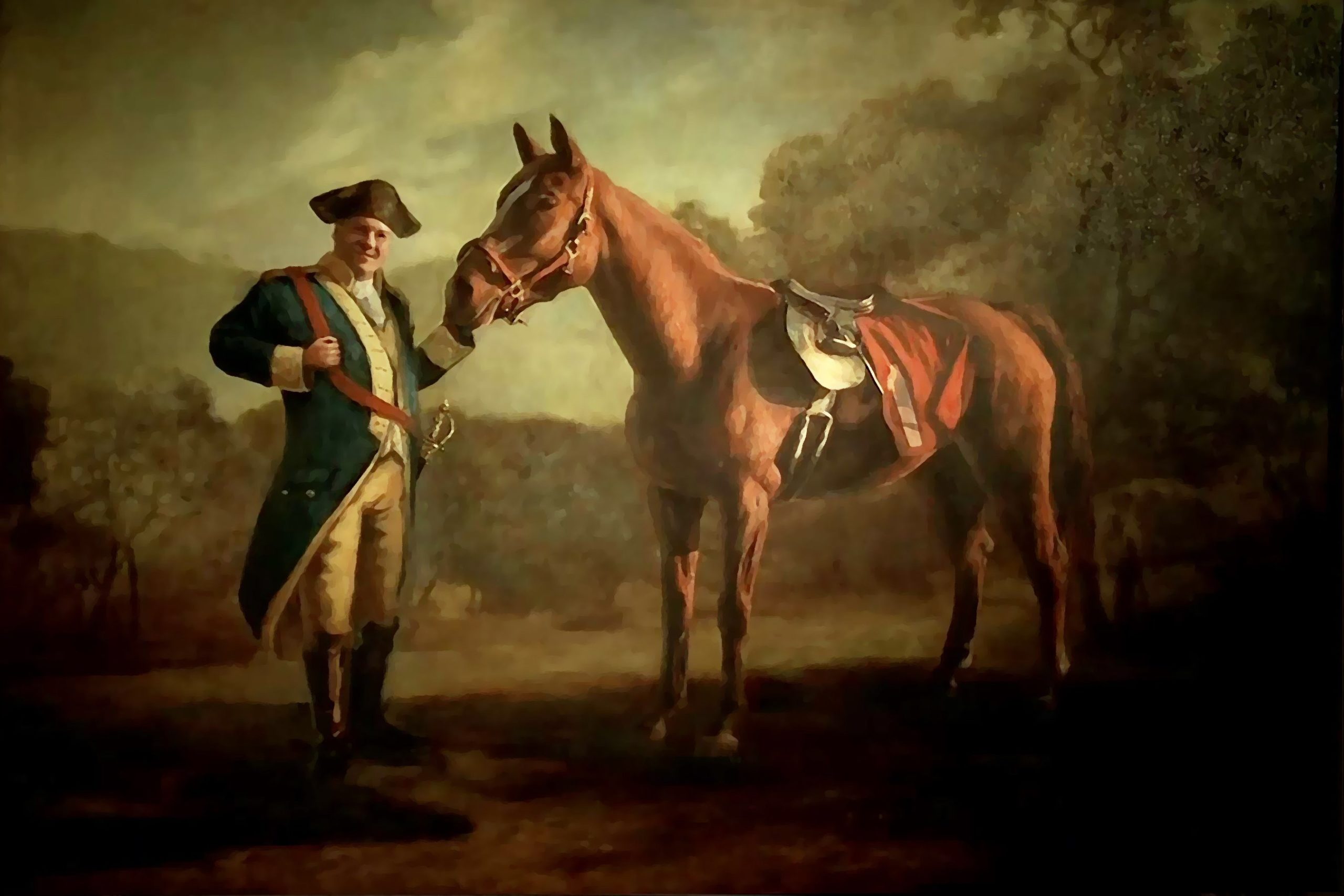Blunt critiques hurt when you’re young, and they tend to stay with you for years or even decades. By the same token kind or admiring or supportive remarks directed at a ten-year-old or a kid in his mid teens or even a twentysomething probably stick to the ribs also. Then again I didn’t get too many of those. I mainly recall four moments in my teens (actually three — the first happened when I was 10 or 11) when somebody said something cruel or dismissive, and how they really stung.
Stab #1: I was Halloweening in my neighborhood, and was actually too old for it (10 or 11, like I said) but I had a sweet tooth. I had grown a lot recently — 5’9″ or thereabouts. Awkward spurt. And I had some kind of grotesque mask on. And the father at one of the homes answered the door and said, “I bet that’s Jeff Wells behind that mask…I can tell because of the big feet. Jeez, look at those shovels.” So I was a freak of some kind. That was the moment in my life when I resolved to wear only slender Italian shoes. Because they don’t make your feet look any bigger than they are. (And mine aren’t that large — I’m a size 12 and 1/2.)
Stab #2: I was 14 or 15 and hanging with a bunch of junior high school guys in a friend’s home, and at one point or another I smiled a little awkwardly and a guy sitting nearby cast a glance and jokingly said “handsome.” As in “not handsome.” As in homely or doofusy. I remember the feeling in my chest when he said that, and how it took me years to recover from an idea that I was second- or third-tier in the looks department. I gradually got past that, but not until my mid 20s.
Stab #3: I was sitting at a metal dining table in a backyard patio with good friend Jack (it was his father’s home, a big brick mansion on a hilltop) and Bill. And then Jack’s dentist father came out and sat down with us. The discussion turned to high school and grades and colleges and whatnot (we were juniors), and Jack’s dad was the blunt type…”you don’t have to like it but I’m telling you how it is” or “if you don’t wake up and get your shit together you’re gonna be in trouble.” Then the subject turned to character, and Jack’s dad dismissed us all with one fell swoop. He looked at Jack and said “you’re a washout”, and then pointed at me — “And you’re a washout” — and then said the same thing to Bill. And that no-holds-barred verdict stayed with me for a good decade or so. I already had the son-of-an-alcoholic, low-self-esteem thing going on, and so the washout label fit right in.
Stab #4: I was in the earnestly shabby office of a fledgling weekly newspaper, and I had submitted a clumsily written piece about John Lennon (I forget the angle) and the quality of various articles were being assessed, and somebody mentioned the Lennon piece and one of the editors — glasses, frizzy-haired, flinty manner — said what he thought without knowing that the author was sitting right next to him. “Oh, it’s terrible,” he said. “It’s all over the place…it’s just crap.” Talk about the sensation of a knife right through your lungs. It hurt so much I stopped thinking about writing. Anything to avoid that awful feeling again. But the memory of that stabbing prompted me to try harder when I started writing about movies in the mid ’70s, and I eventually got the hang of it by ’80 or so. At least to the point that I could write decently.
That which does not kill you [usually] makes you stronger.





